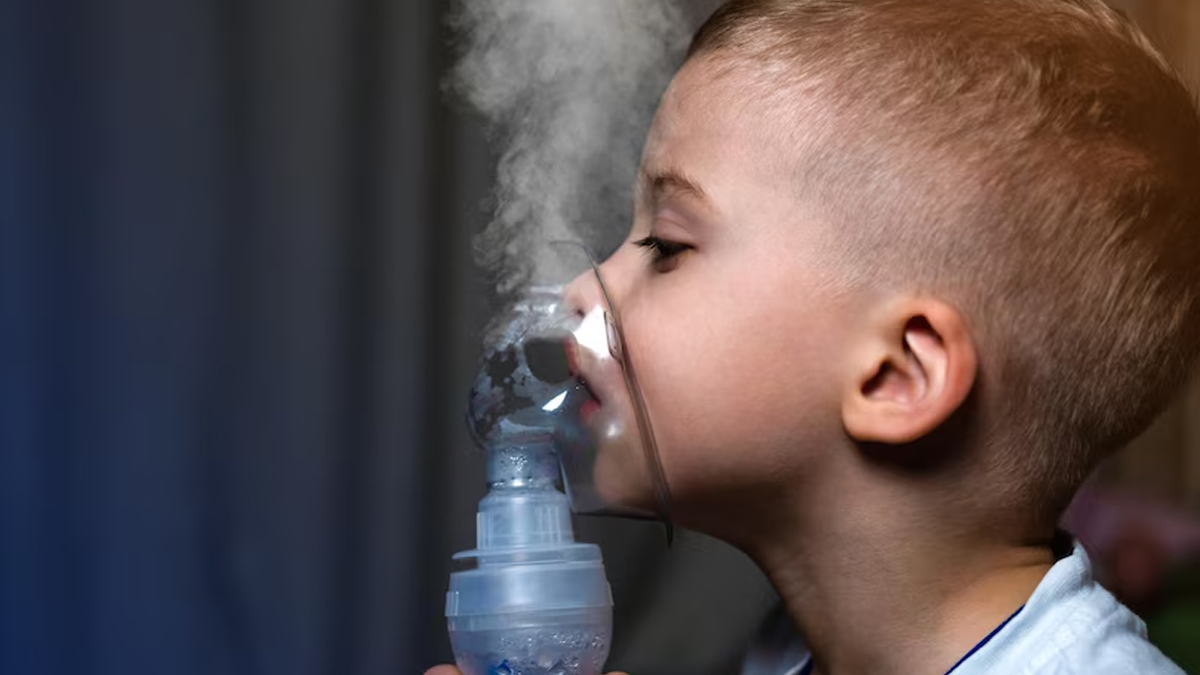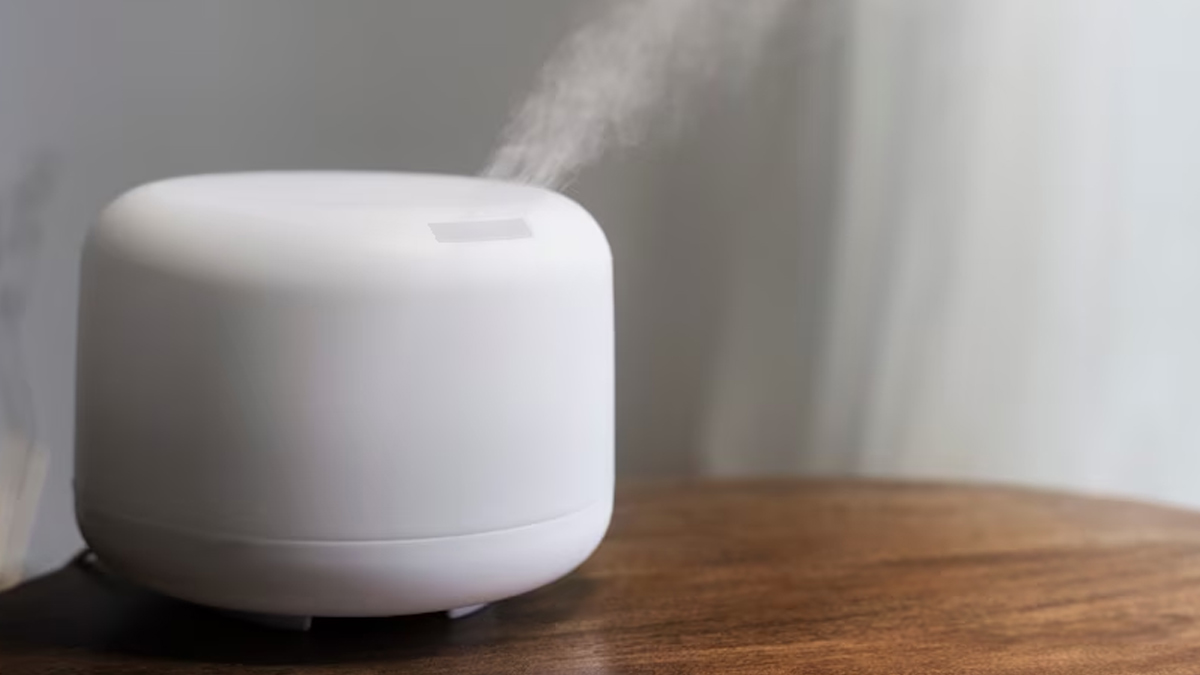
Enlarged adenoids and tonsils are common issues in children and can lead to a range of uncomfortable symptoms, such as breathing difficulties, snoring, frequent ear infections, and sore throats. Enlarged adenoids means that the lymph tissue in the upper airway between the nose and throat is swollen. While these conditions can be concerning for parents, there are several simple and effective ways to ease your child’s discomfort and support their recovery. By incorporating these practical tips into your child’s care routine, you can help them feel more comfortable and promote healing.
Table of Content:-
To understand how to manage tonsils in your child, tips to help ease the discomfort and support recovery. OnlyMyHealth team spoke to Dr Tanushri Mukherjee, Consultant Neonatologist and Paediatrician, Cloudnine Group of Hospitals, Malad, Mumbai.
1. Keep Your Child Hydrated

“Proper hydration is crucial for easing discomfort caused by enlarged adenoids and tonsils,” says Dr Mukherjee. Encourage your child to drink plenty of fluids to keep the throat soothed and mucus thin. Warm herbal teas, such as chamomile or ginger, or warm water with honey can be especially comforting. Avoid very hot beverages to prevent further irritation. Offer water frequently throughout the day to help clear mucus and reduce swelling.
2. Try Steam Inhalation

Steam inhalation is an effective way to relieve nasal congestion. “It helps loosen mucus and makes breathing easier for your child,” explains Dr Mukherjee. Create steam by running a hot shower and having your child sit in the bathroom with the door closed. Alternatively, use a bowl of hot water with a towel over their head to direct the steam. Ensure the steam is warm but not too hot to avoid burns.
Also read: Is Tonsils Removal Surgery Safe? Long-term Health Risks
3. Use a Humidifier

Dry air can worsen throat irritation. A study revealed that exposure to cold, dry air increases throat pain and irritation, with participants reporting more discomfort as humidity and temperature decreased. Dr Mukherjee recommends using a cool-mist humidifier to maintain moisture levels in the air. “A humidifier can prevent dryness in the throat, reduce snoring caused by nasal congestion, and help your child sleep better,” she adds.
4. Encourage Adequate Rest

Rest is vital for recovery. “Encourage your child to rest as much as possible to allow the body to heal and fight off infections,” advises Dr Mukherjee. Ensure they have a comfortable space for sleeping and avoid activities that may tire them out.
5. Use Saltwater Gargles
For children old enough to gargle, warm saltwater can offer soothing relief. “Saltwater gargles help reduce inflammation and kill bacteria, providing temporary relief from sore throats,” says Dr Mukherjee. Mix half a teaspoon of salt in a cup of warm water and encourage your child to gargle for about 30 seconds a few times a day.
6. Offer a Healthy Diet

A nutrient-rich diet is key to supporting the immune system. Dr Mukherjee suggests soft and easy-to-swallow foods such as soups, mashed potatoes, yogurt, and smoothies. “Avoid acidic, spicy, or crunchy foods that may irritate the throat,” she advises. Include plenty of fruits, vegetables, and lean proteins to help your child recover faster.
Also read: Is it time to have your child’s Adenoids and Tonsils removed
7. Monitor for Complications
In some cases, enlarged adenoids or tonsils may lead to more serious complications, such as sleep apnea or difficulty swallowing. Dr Mukherjee warns, “If your child has frequent ear infections, severe snoring, or persistent symptoms, consult a paediatrician. Medical intervention, such as medication or surgery, may be necessary.”
Conclusion
Enlarged adenoids and tonsils can be uncomfortable for children, but these simple steps can provide relief and support recovery. Keep your child hydrated, consider steam inhalation, use a humidifier, and ensure they get plenty of rest. If symptoms persist or worsen, don’t hesitate to consult a healthcare professional. Dr Mukherjee concludes, “These measures can go a long way in alleviating your child’s symptoms, but always prioritise seeking professional advice when needed.”
Also watch this video
How we keep this article up to date:
We work with experts and keep a close eye on the latest in health and wellness. Whenever there is a new research or helpful information, we update our articles with accurate and useful advice.
Current Version
